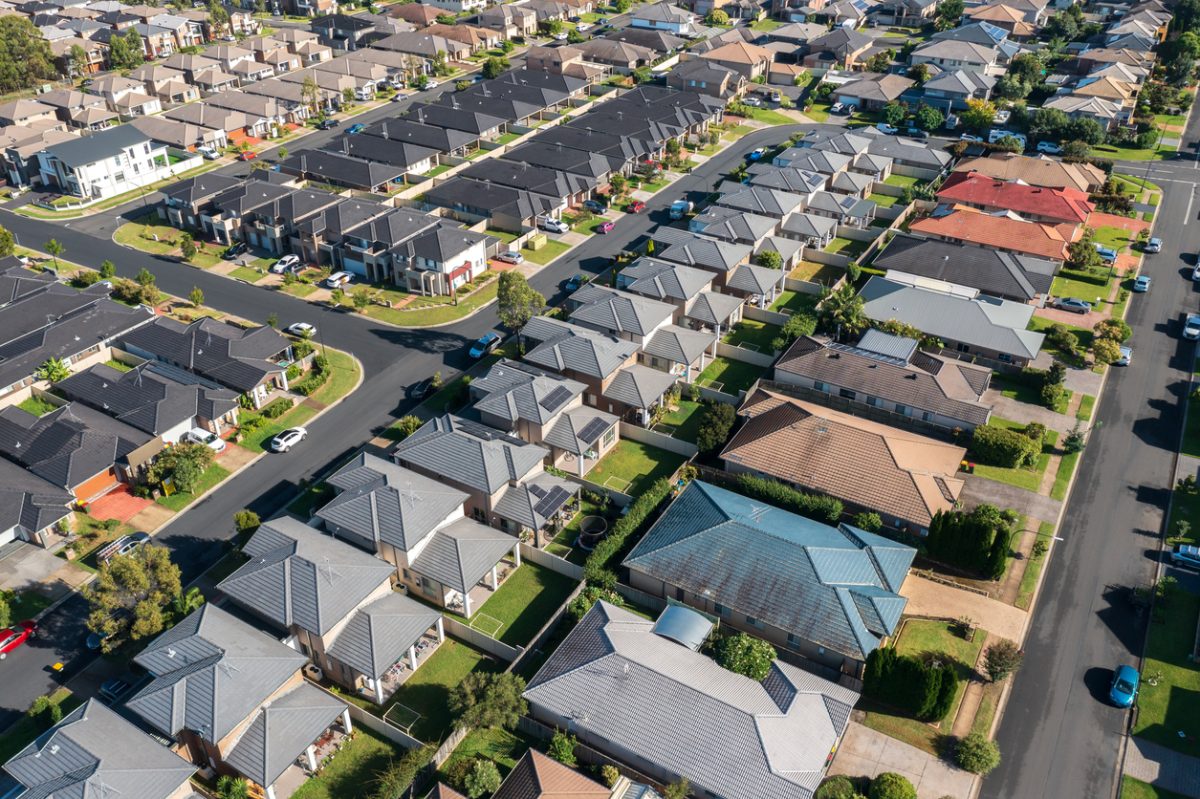
NCOSS’ Policy and Advocacy Director Ben McAlpine said renters shouldn’t have to live in constant fear and anxiety about when their lives will be turned upside down. Photo: Harlz.
In an effort to ease pressure on tenants, the NSW Government has put down $6.6 million for a Portable Rental Bonds Scheme (PRBS) and tabled legislation that would end no-ground evictions.
Since 2016, the number of people renting in NSW has risen 17.6 per cent to around 33 per cent. Yet with historically low vacancy rates and median rent prices increasing (7 per cent in the last year), the state’s rental market is both the largest and toughest it’s been in decades.
With that in mind, the NSW Government has followed others (ACT, South Australia and Victoria) in developing a regulatory model to end no-grounds evictions. However, its PRBS is the first of its kind in Australia.
The NSW Council of Social Services (NCOSS) strongly welcomed the government’s reforms at yesterday’s (29 July) Select Committee on the Residential Tenancies Amendment Bill 2024.
Policy and Advocacy Director Ben McAlpine said renters were not only facing the barrier of saving for a new bond before the old one was refunded, they were also at risk of having their life upended at short notice, due to existing laws providing the owner of a property an option to end a residential periodic lease at any time and for any or no reason.
“The uncertainty of whether you’ll have a place to live tomorrow affects every aspect of your life, such as where you get to work and the decision to start a family,” said Mr McAlpine.
“There are no grounds for no-grounds evictions.”
Under the new legislation, homeowners who wish to end a lease must provide their termination notice with evidence of “common sense” reasons. These include where the tenant is at fault or if the property will no longer be used as a rental home.
Any reasons not considered “genuine” will result in penalties payable by homeowners.
For those on fixed-term agreements of less than six months, the termination notice period to tenants will be increased from 30 to 60 days. Those on more than six months will have theirs increased from 60 to 90 days, but for those on a periodic agreement – there will be no change to notice periods.

PICA Chair Ben Kingsley: “Fewer rental properties and higher operating costs equates to higher rents – that’s a fact”. Photo: PICA.
The PRBS will be a financial relief measure allowing eligible tenants to digitally transfer their existing bond to their new rental home.
According to the NSW Government, the average tenancy lasts 1.6 years and there are over 330,000 turnovers across the state annually. It hopes the PRBS can ease the burden of renters moving (average cost of $4000) who also have to pay a new bond before their old one is returned.
Currently out to public tender, the scheme is being developed by the rental commissioner, with completion expected in 2025.
As for the new legislation, stakeholder engagement is still being done in spite of over 16,000 submissions and survey responses from the general public – along with multiple sector-based roundtables.
The State Government aims to introduce the laws before NSW Parliament during the September sitting period. If all goes well, they’ll come into force early next year.
The Property Investment Council of Australia (PICA) believes governments and politicians are “naive” if they don’t think some of these reforms will put tens of billions of annual investment dollars at risk.
Chair Ben Kingsley said public servants of the day shouldn’t underestimate how much their market interventions can inform the investment decisions of small business private rental accommodation providers.
“If fewer everyday Australians don’t believe they will achieve an adequate return on their private rental accommodation businesses, then further pressure will be put on these politicians to cover the supply shortfall in rental housing, resulting in increased government spending and higher government debt, which only results in higher taxes and charges for every citizen of that state, not just the property investor or renter.
“As governments realise they don’t have the tens of billions needed each year to supply this accommodation, they look to big business or super funds to help with the supply of ‘build to rent’ solutions, but the numbers don’t stack up.
“The return on investment isn’t adequate for the cost/risk assessment.”
Original Article published by James Day on PS News.







